
I want to say a few words about what I think is THE most important issue in the current writers’ strike: the so-called “mini rooms” that the Guild is hoping to abolish, and the terrible impact they are having on writers at the start of their careers.
A look at my own career may be instructive. For the first fourteen years of my career, I wrote only prose; a few novels, and lots of stories for ANALOG, ASIMOV’S, and various other SF magazines and anthologies. Much as I enjoyed television, I never dreamt of writing for it until 1985, when CBS decided to launch a new version of THE TWLIGHT ZONE, and executive producer Phil DeGuere invited me to write an episode for them. A freelance script; that was how you began back then. I decided to give it a shot… and Phil and his team liked what I did. So much so that within days of delivery, I got an offer to come on staff. Before I quite knew what had happened, I was on my way to LA with a six-week deal as a Staff Writer, at the Guild minimum salary, scripts against. (In the 80s, Staff Writer was the lowest rung on the ladder. You could tell, because it was the only job with “writer” in the title).
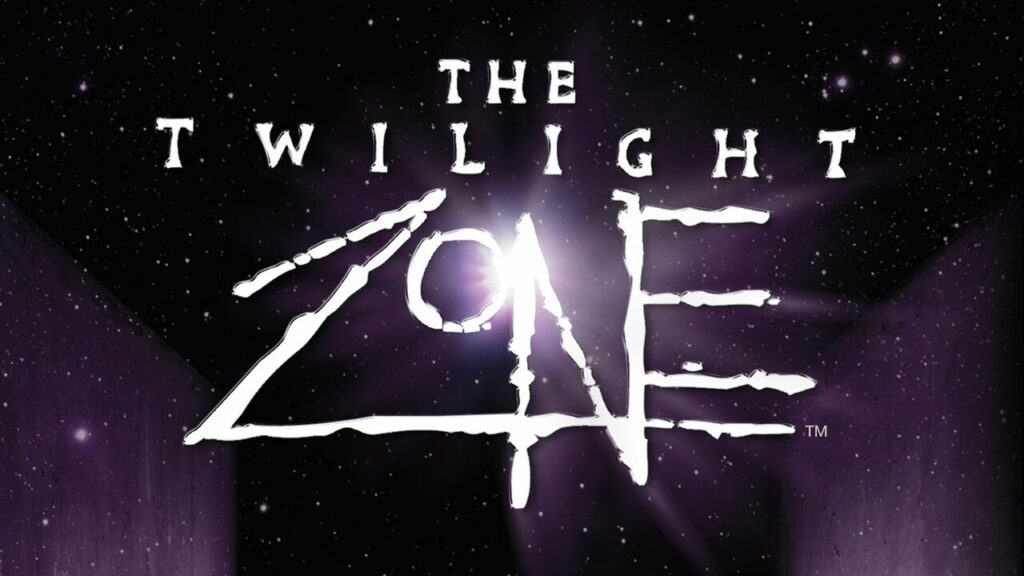
What I knew about television production when I got off that plane at Burbank was… well, so minimal I can’t think of a pithy analogy. But I learned. I learned in the writers’ room from Phil himself and the amazing staff he had assembled for TZ: Jim Crocker, Rockne S. O’Bannon, the incredible Alan Brennert, Michael Cassutt, and a bevy of fantastic freelancers. And not just about dialogue and structure and the language of scriptwriting. I learned about production as well. The moment I arrived, Phil threw me into the deep end. I wrote five scripts during my season and a half on TZ, and I was deeply involved in every aspect of every one of them. I did not just write my script, turn it in, and go away. I sat in on the casting sessions. I worked with the directors. I was present at the table reads. “The Last Defender of Camelot” was the first of my scripts to go into production, and I was on set every day. I watched the stuntmen rehearse the climactic sword fight (in the lobby of the ST ELSEWHERE set, as it turned out), and I was present when they shot that scene and someone zigged when he should have zagged and a stuntman’s nose was cut off… a visceral lesson as to the kind of thing that can go wrong. With Phil and Jim and Harvey Frand (our line producer, another great guy who taught me a lot), I watched dailies every day. After the episode was in the can, I sat in on some post-production, and watched the editors work their magic. I learned from them too.
There is no film school in the world that could have taught me as much about television production as I learned on TWILIGHT ZONE during that season and a half. When TZ was renewed for a second season, I was promoted from Staff Writer to Story Editor. (More money, and now scripts were plus and not against). Started sitting in on freelance pitches… and now I was allowed to talk and give notes. Sadly, the show was cancelled halfway through the second season, but by that time I had learned so much that I was able to go on to further work in television. I did a couple stories for MAX HEADROOM, but my next staff job was BEAUTY AND THE BEAST. They brought me on as Executive Story Editor, one bump up from my TZ rank. Over the next three years, I climbed the ladder, rung by rung: Co-Producer, Producer, Co-Supervising Producer, Supervising Producer, Co-Executive Producer. When B&B finished its run, I started writing features and pitching pilots, landed an overall deal at Columbia, created and scripted STARPORT and THE SURVIVORS and FADEOUT… and DOORWAYS, which we filmed for ABC. I was Showrunner (along with Jim Crocker) and Executive Producer on that one.
That was my first ten years in television; 1985-1995, more or less, long before HBO and GAME OF THRONES.
NONE OF IT would have been possible, if not for the things I learned on TWILIGHT ZONE as a Staff Writer and Story Editor. I was the most junior of junior writers, maybe a hot(ish) young writer in the world of SF, but in TV I was so green that I would have been invisible against a green screen. And that, in my opinion, is the most important of the things that the Guild is fighting for. The right to have that kind of career path. To enable new writers, young writers, and yes, prose writers, to climb the same ladder.
Right now, they can’t. Streamers and shortened seasons have blown the ladder to splinters. The way it works now, a show gets put in development, the showrunner assembles a “mini-room,” made up of a couple of senior writers and a couple newcomers, they meet for a month or two, beat out the season, break down the episodes, go off and write scripts, reassemble, get notes, give notes, rewrite, rinse and repeat… and finally turn into the scripts. And show is greenlit (or not, some shows never get past the room) and sent into production. The showrunner and his second, maybe his second and his third, take it from there. The writer producers. The ones who already know all the things that I learned on TWILIGHT ZONE.
The junior writers? They’re not there. Once they delivered their scripts and did a revision of two, they were paid, sent home, their salary ended. They are off looking for another gig. If the series gets another season, maybe they will be brought back. Maybe they won’t. Maybe they can’t, since they are off in another mini-room for another show. If they do get brought back, they may get a promotion… but that’s not guaranteed. I know writers who have been Staff Writer on half a dozen different series, and others who have been “Writer’s Room Assistant” (which is the new entry level gig, since no one buys freelance scripts any more) three or four times, never getting off the bottom rung of the ladder so matter how talented they are. And when a junior writer does finally get a better title, even one that will put a P-word on their IMDB credits, they still won’t have any producing experience. In many cases they won’t be asked to set even when the episodes they wrote are being filmed. (They may be ALLOWED on set, if the showrunner and execs are cool with that, but only as a visitor, with no authority, no role. And no pay, of course. They may even be told they are not allowed to speak to the actors).
One of the things the AMPTP put forward in their last offer to the WGA is that some writers might be brought onto sets as unpaid interns, to “shadow” and “observe.” Even that will not be an absolute right. Maybe they will be let in, maybe not. These are the people who wrote the stories being filmed, who created the characters, who wrote the words the actors are saying. I was WAY more than that in 1985, and so was every other staff writer in television at the time.
The juniors may have worked for as long as half a year on the show. All of it in a room, with other writers. But they won’t be part of the casting. They won’t be meeting with the director. They won’t be at the table read. No one will bring them into the editing suite so the editor can explain what he is doing. The line producer will not sit down and go over the budget with them (as Harvey Frand did with me), or patiently explain why they can’t have nine matte paintings or that huge montage. They won’t be sharing lunch with the stars. If a stuntman’s nose is cut off, they will need to read about it VARIETY, since they will be off in another room on another show.
Mini-rooms are abominations, and the refusal of the AMPTP to pay writers to stay with their shows through production — as part of the JOB, for which they need to be paid, not as a tourist — is not only wrong, it is incredibly short sighted. If the Story Editors of 2023 are not allowed to get any production experience, where do the studios think the Showrunners of 2033 are going to come from?
If nothing else, the WGA needs to win that on that issue. No matter how long it may take.
Current Mood:  determined
determined

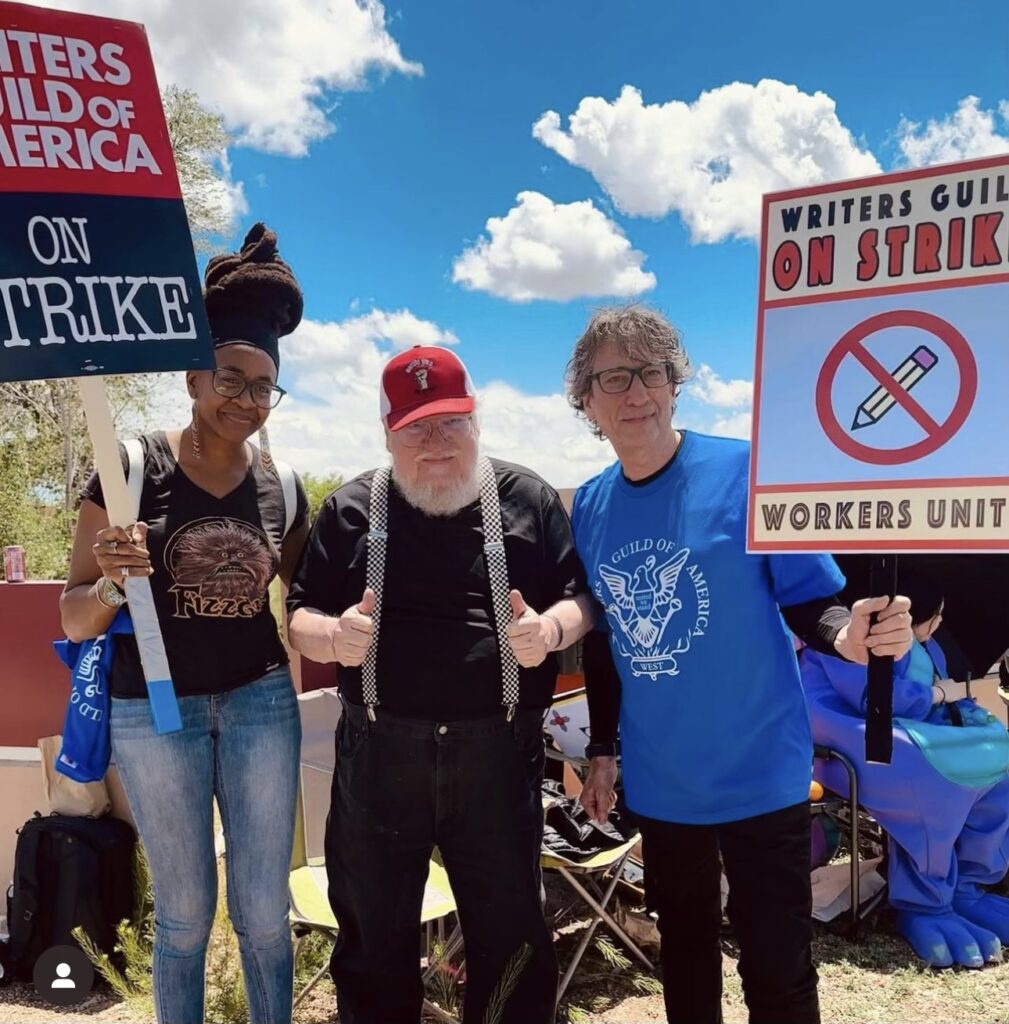
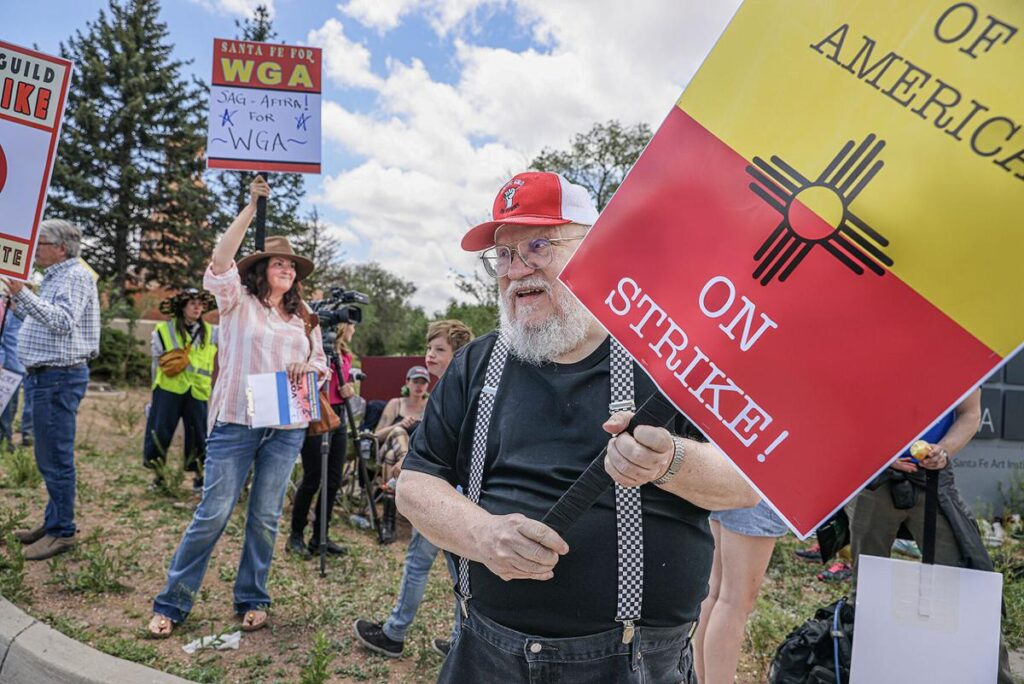
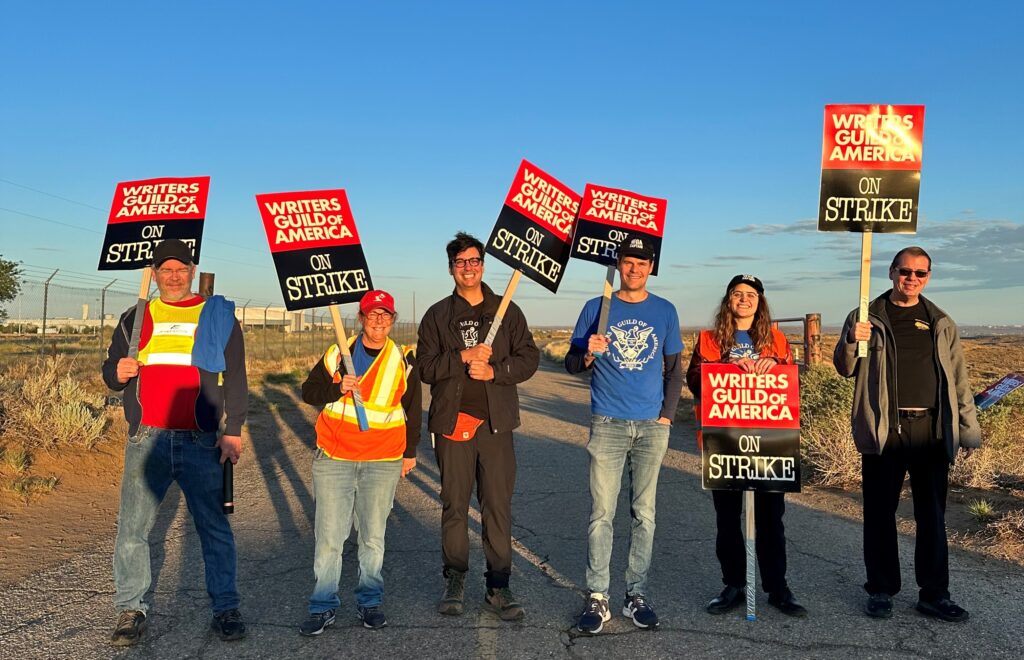
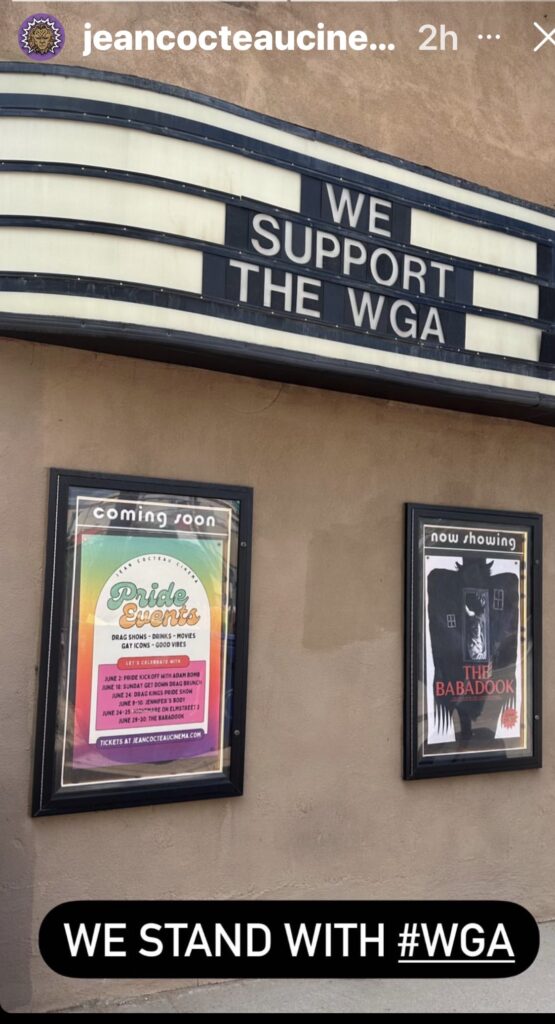
 determined
determined





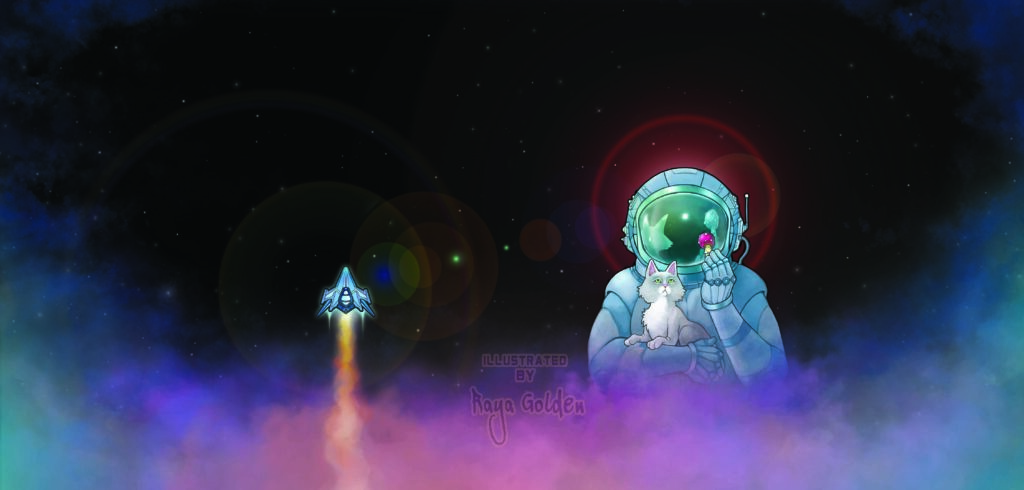
 satisfied
satisfied
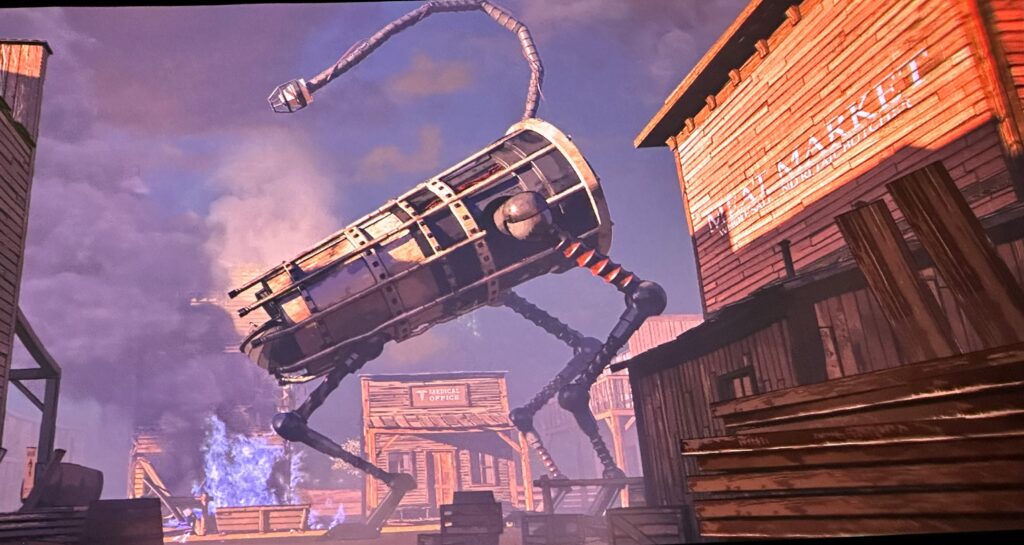
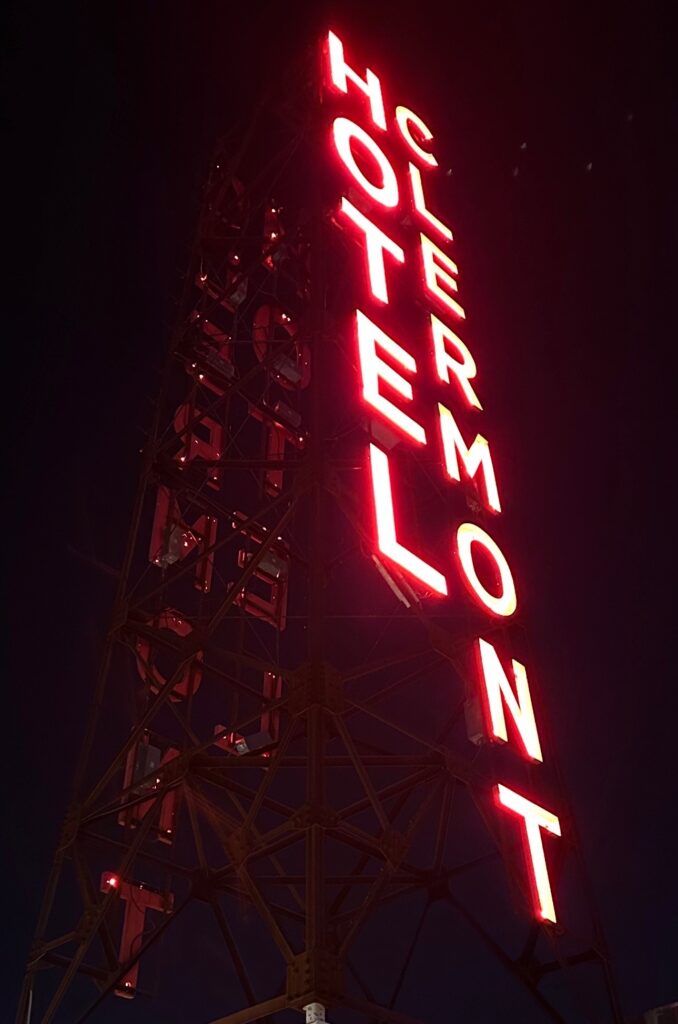
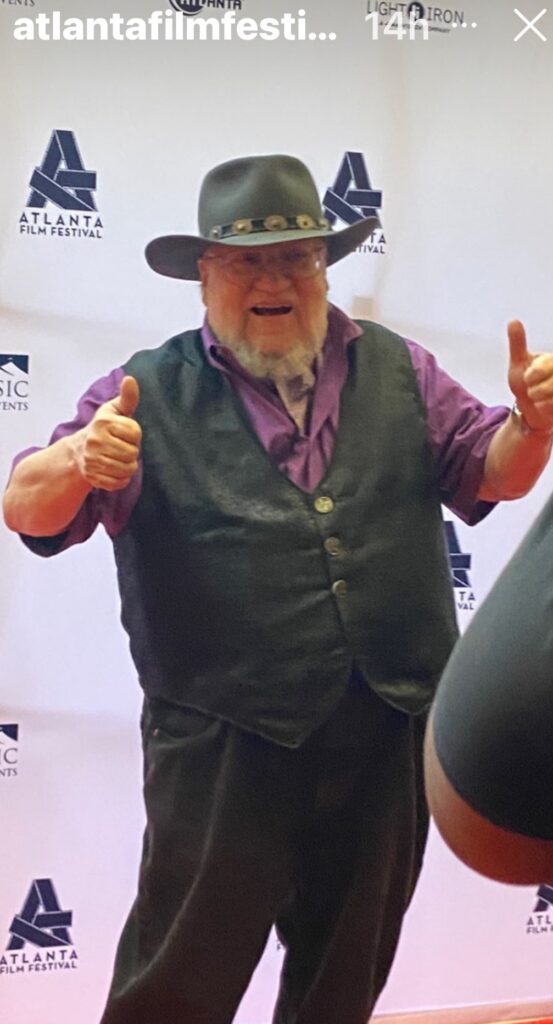
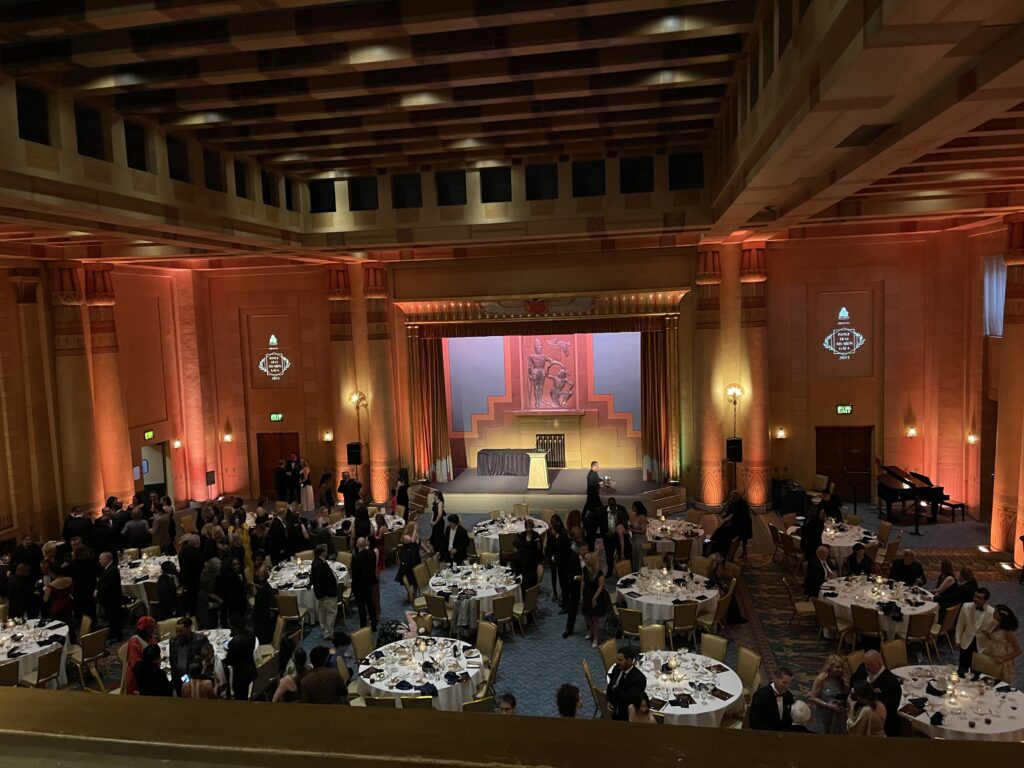
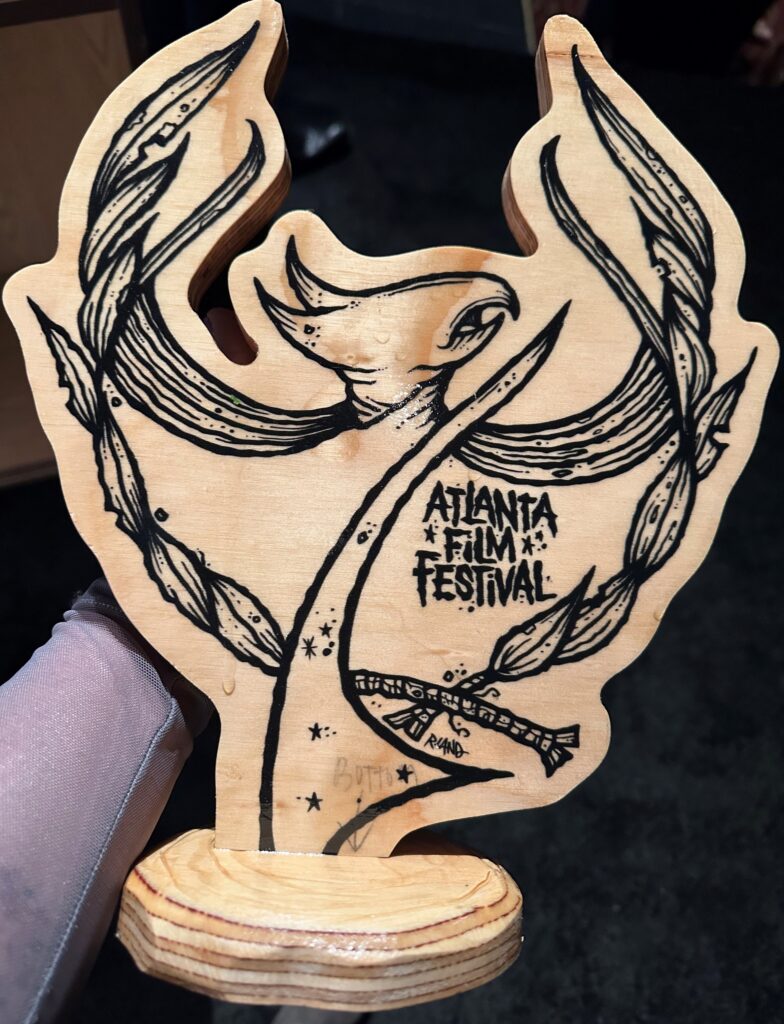
 cheerful
cheerful

